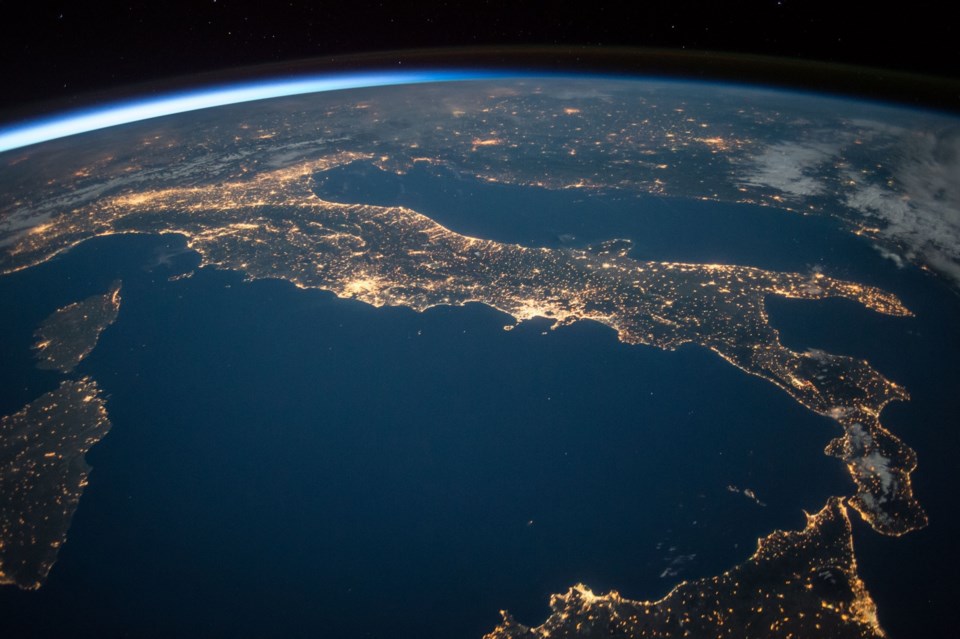BarrieToday welcomes letters to the editor at [email protected]. Please include your daytime phone number and address (for verification of authorship, not publication).
*************************
I am the only Canadian who is appalled by the recent calls by former prime minister Brian Mulroney and the Century Initiative for us to more than double our population by 2100? (See the Globe and Mail, March 31, 2021, It’s time to focus on expanding our population, Page A8).
This plan has received relatively little criticism, but it is unrealistic, old think, selfish, short-term and, ultimately, environmentally damaging.
While there are economic benefits to a larger population (larger domestic markets, broader tax base, more efficient public transport), I have to admit a somewhat selfish desire here: I like my country sparsely populated. It’s one of the reasons I am proud to be a Canadian and continue to live here.
Opposing doubling our population does not mean opposing immigration. Finding and encouraging good immigrants has always been important to Canada and will become even more important in the next few decades.
While the projections differ somewhat, according to the source, world population is expected to reach a maximum of about 10.9 billion around the year 2100, the end of this century, and then should start to gradually decline (Source: United Nations World Population Prospects, 2019).
Why? A worldwide drop in fertility. All western nations are currently below the replacement rate of 2.1 births per person and fertility rates in undeveloped or partially developed nations are dropping dramatically, with the exception of Africa (For a detailed discussion of this trend see the book Empty Planet: The Shock of Global Population Decline by Darrell Bricker and John
Ibbotson).
A gradual world population decline would be a very good thing. No serious scientist or clear thinker can argue persuasively that the Earth can sustain a human population of almost 11 billion. What would be a reasonable sustainable human population for Earth?
That depends on your definition of sustainable and what kind of Earth you want to live on, but biologists and environmentalists have suggested that the Earth could sustain a stable population of between 800-million and 2-billion humans without irreversibly degrading the environment, leaving room for other species and wilderness areas.
It will not be easy to manage our world economy on the way down to a sustainable population. Many of our most cherished beliefs will be overturned, including the dedication to constant growth and development. It will be a slow population drop that will take several generations and perhaps several hundred years. Unfortunately, humans, and in particular politicians, are not very good at this kind of very long-term, intergenerational planning and implementation.
In the short term, it means that most countries will be trying desperately to keep their young and talented citizens and will be competing with each other to attract young and talented immigrants.
So planning to more than double our population in the next 80 years is both unrealistic and selfish. While it might be attainable if we pulled out all the stops, it would be at great costs — particularly for developing nations that would be systematically stripped of their young and educated citizens. We would also do irreversible damage to our ecosystems.
One of the most beautiful things about Canada is that it is one of the last habitable places on Earth that is not overpopulated by humans. Among other great natural assets, we have the largest swath of intact boreal forest left in the world. While many of our fragile underpopulated ecosystems are also at risk from resource extraction and global warming, they are still salvageable.
Anyone who has seen the movie Anthropocene or read the books of Elizabeth Kolbert (The Sixth Extinction and Under a White Sky: The Future of Nature) will have an idea of the negative impact man has had on the Earth.
So how about we set more sustainable and realistic goals for Canada? We could aim for 50 million people by 2100 and after that a more or less stable population. This would mean that, collectively, we have decided that 50 million is a reasonable amount of people to share this vast land with the other fauna and flora. We could preserve large tracts of wilderness and forest not
only because it is the right thing to do, but because they are essential to our survival, too.
We could also make Canada a model for the rest of the world — a country that is committed to low population density, but still has a sustainable economy that provides a high quality of life for its citizens. We could reject the myth that endless growth and development is desirable and possible.
That would make me an even prouder Canadian.
Dan Parle
Oro-Medonte Township
*************************



